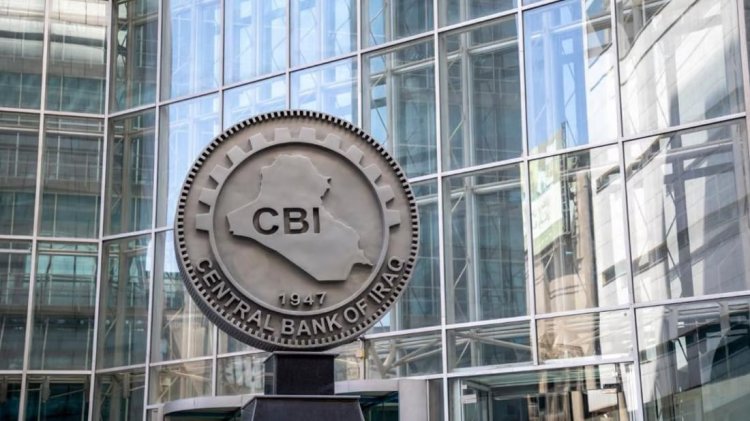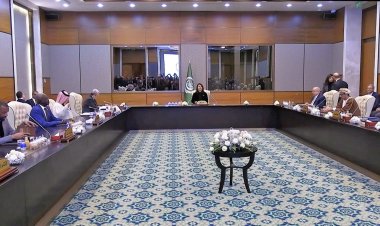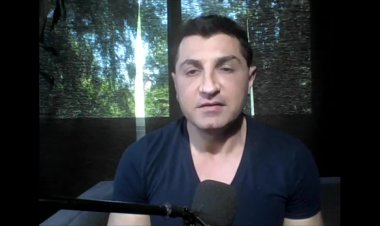Iraq Boosts Dollar Transactions Amid Black Market Fight

Iraq, fighting a booming currency black market, has considerably increased overseas dollar transactions through the official global SWIFT system, the Central Bank vice governor said.
With dollars dominating the country's economy, Baghdad has imposed a series of restrictions on the use of American greenbacks domestically.
At the end of 2022 the country's bankings sector also adopted the international financial messaging system known as SWIFT as part of the reforms, to help tackle money laundering and ensure respect for international sanctions.
Oil-rich Iraq has no shortage of dollars, with foreign currency reserves of more than $100 billion. But experts say tax evasion, the black market and dollar smuggling to countries and entities facing United States sanctions have increased demand for foreign currencies.
Transactions through the Central Bank electronic platform -- which ensures compliance with SWIFT -- have considerably increased, the bank's vice governor Ammar Khalaf said.
Many "foreign trade transactions are now being conducted via the platform," he said.
"At the beginning of 2023, transactions were at $50 million per day. Now, we have around $200 million, which is consistent with the size of Iraq's economy," he added.
Iraqi banks wanting to access dollar reserves held in the United States must make transfers through the electronic system. The US Federal Reserve will then examine the requests and block them if it finds them suspicious.
The official exchange rate is fixed by the government at 1,320 dinars to the dollar. On unofficial markets the dinar has been trading at 1,470 per dollar.
In late November, the government announced steps to encourage importers of goods like cigarettes, cars, gold and mobile phones to use official channels to obtain dollars.















